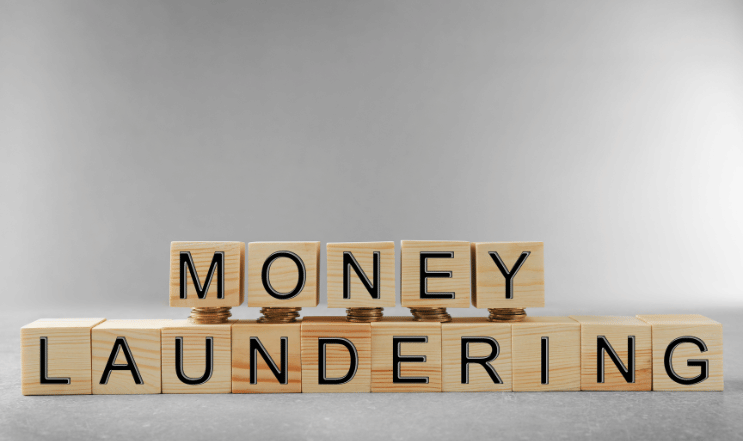
| 

There is a telephone version of email scams or phishing as it is called and this one is vising, the art of tricking someone to reveal personal information by thieves who can use it for their own gain.
Personal identity theft has found its way onto the internet and is a cybercrime, but criminals have found other ways of stealing your personal data and vishing is one of them.
A vishing crook typically pretends to be an official from a legitimate institute such as your bank. They have worked hard at honing their convincing skills and these calls are designed to generate fear and an immediate response from you. There is snap vishing, which are short, sharp calls to convince to you to provide your card details and then there is a longer, more coaxing method that entice you to part with most of your money.
How to be vishing vigilant:
They phone you
Be suspicious if you receive an unsolicited call. Organisations like banks or your chosen utility company won’t phone you out of the blue asking you to confirm information they already have for you. They won’t ask for passwords or security codes. Don’t provide the caller with any information, hang up, and call the organisation they say they are representing to report the incident.
An unknown number
A vishing call will be from a telephone number that is not in your contacts. You won’t have seen this number before. The number is not going to match the official contact details of any legitimate organisation or company.
Sense of urgency
A vishing caller will impart a sense of urgency. They aim to alarm you by saying that suspicious activity has been noted on your bank account. The only suspicious activity is the telephone call you are having with someone who is not who they claim to be.
Trust your gut
If your instincts tell you that something is not quite right, then it probably isn’t. You don’t have to be rude to the person on the other end, but don’t give in to them and hand over your details. This will almost certainly be a personal identity thief, who will cause you a great deal of anxiety and stress in the long run.
What to do if you have been “vished”
Becoming a victim of vishing can happen to the best of us, so don’t feel ashamed It is easy to fall for a vishing scam, especially if you are caught off-guard. The key focus is to act swiftly once you realise you have become a victim of vishing.
- Contact the organisation that was being imitated. The sooner you do this so that your cards can be cancelled and your account frozen, the better.
- Chang any shared information. If you provided the criminal caller with a password or a security code, then this should be changed immediately.
- If needs be, contact your local police or Action Fraud. If you have been robbed remotely, then call 101 or log on to the Action Fraud website. While it isn’t an emergency, it is a crime that needs to be reported. Get an incident number, just in case you need it for insurance purposes.


